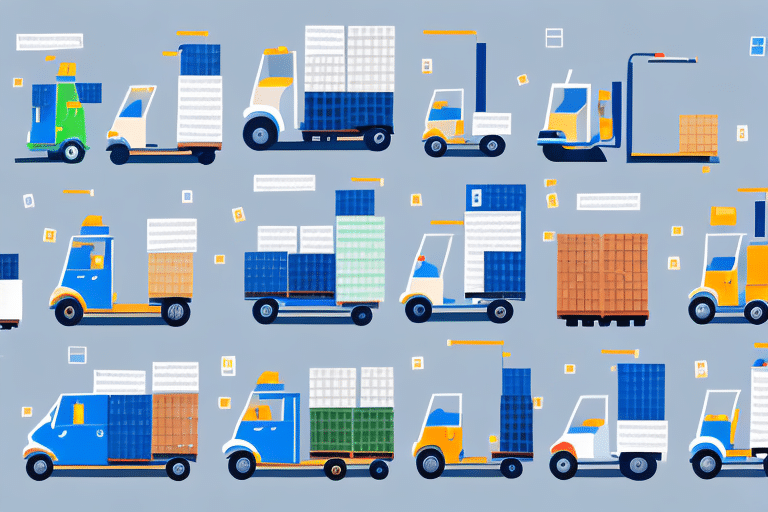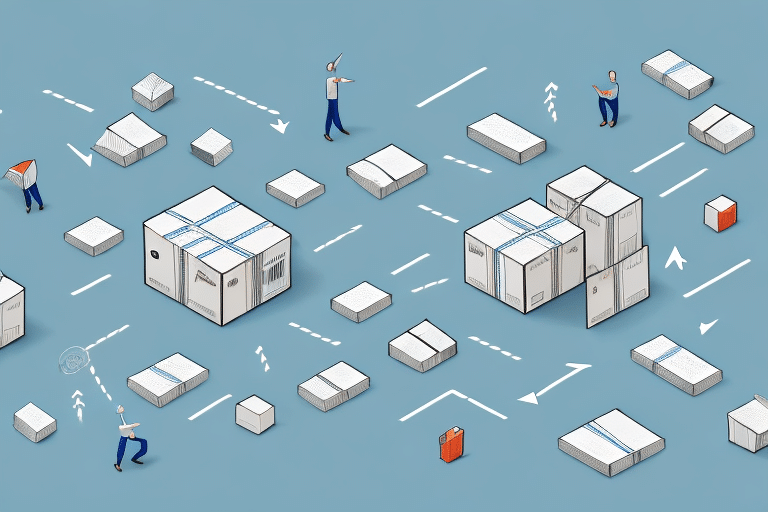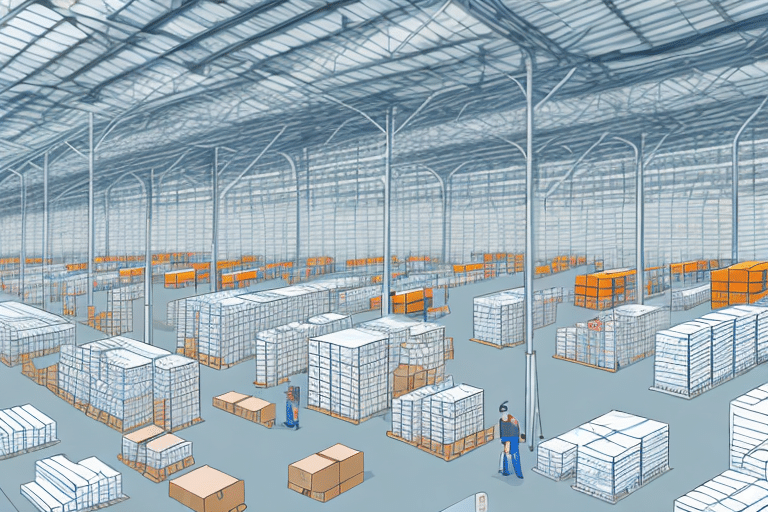Understanding Third-Party Logistics (3PL)
Third-Party Logistics (3PL) involves outsourcing logistics and supply chain management activities to specialized providers. These providers manage various aspects such as transportation, warehousing, and inventory management, allowing businesses to concentrate on their core operations. According to Statista, the global 3PL market is projected to continue its growth, reflecting its increasing importance in the supply chain ecosystem.
Benefits of Utilizing 3PL Providers
Scalability
3PL providers offer scalable solutions that can adapt to your business's changing needs, such as seasonal demand fluctuations. This flexibility ensures that your logistics operations can efficiently handle varying volumes without compromising service quality.
Expertise and Technology
Leveraging the specialized knowledge and advanced technology of 3PL providers can lead to significant improvements in operational efficiency. Many 3PL firms utilize state-of-the-art Warehouse Management Systems (WMS) and Transportation Management Systems (TMS) to optimize supply chain processes.
Cost Savings
Outsourcing to a 3PL can result in substantial cost reductions by eliminating the need for businesses to invest in logistical infrastructure and resources. According to a report by McKinsey & Company, companies can achieve up to a 20% reduction in logistics costs by partnering with 3PL providers.
Types and Services of 3PL Solutions
Types of 3PL Providers
- Asset-Based 3PLs: Own and operate their own transportation and warehouse assets, providing comprehensive services.
- Non-Asset-Based 3PLs: Do not own assets but coordinate logistics through contracted partners, offering flexibility and cost-effectiveness.
- Hybrid 3PLs: Combine elements of both asset-based and non-asset-based models to offer versatile solutions tailored to specific business needs.
Core Services Offered
- Transportation Management
- Warehousing and Distribution
- Freight Forwarding
- Inventory Management
- Packaging and Labeling
- Order Fulfillment and Processing
Value-Added Services
- Customs Brokerage
- Reverse Logistics
- Product Assembly and Kitting
- Quality Control and Inspection
- Return Management
- Supply Chain Consulting
Choosing the Right 3PL Provider
Assessing Industry Expertise
Select a 3PL provider with experience in your specific industry to ensure they understand your unique logistical requirements and challenges.
Evaluating Service Offerings
Ensure that the provider's services align with your business needs. Comprehensive service offerings can provide a one-stop solution for your logistics requirements.
Technology Integration
Choose a 3PL provider with advanced technological capabilities that can seamlessly integrate with your existing systems, facilitating real-time tracking and data analytics.
Geographic Reach
Consider the provider’s network and ability to handle international shipments if your business operates globally. A robust network ensures efficient handling of cross-border logistics.
Customer Service and Support
Opt for a provider that offers dedicated account management and responsive customer support to address any issues promptly and effectively.
Technology in Third-Party Logistics
Advanced Warehouse Management Systems (WMS)
Modern WMS solutions enhance inventory accuracy, streamline warehouse operations, and improve order fulfillment rates.
Transportation Management Systems (TMS)
TMS platforms optimize routing, reduce transportation costs, and provide real-time visibility into shipment statuses.
Internet of Things (IoT) and Real-Time Tracking
IoT devices such as sensors and RFID tags enable real-time tracking of shipments, improving supply chain transparency and reducing the risk of loss or damage.
Data Analytics and Machine Learning
Utilizing data analytics and machine learning algorithms allows 3PL providers to predict demand trends, optimize inventory levels, and enhance decision-making processes.
Challenges and Risks of Outsourcing to 3PL
Loss of Control
Outsourcing logistics can lead to a perceived loss of control over certain aspects of the supply chain, potentially impacting service quality.
Dependency on Third-Party Providers
Reliance on a 3PL makes your business dependent on the provider’s performance and stability. It is crucial to have contingency plans in place to mitigate potential disruptions.
Security Concerns
Ensuring the security of sensitive data and protecting against breaches is paramount when sharing information with a 3PL provider.
Compliance and Regulatory Risks
3PL providers must comply with various industry regulations and standards. Non-compliance can result in legal issues and financial penalties for your business.
Case Studies of Successful 3PL Implementations
Alibaba's Global Expansion
Alibaba outsourced its logistics operations to third-party providers to facilitate its global expansion, enabling efficient cross-border trade and faster delivery times.
CVS Pharmacy's Distribution Network
CVS Pharmacy partnered with a 3PL to manage its distribution across thousands of stores, enhancing inventory management and reducing delivery lead times.
Zara's Agile Supply Chain
Zara utilizes 3PL providers to maintain an agile supply chain, allowing the company to quickly respond to fashion trends and efficiently distribute products worldwide.
Future Trends in Third-Party Logistics
Artificial Intelligence and Machine Learning
AI and machine learning are set to revolutionize 3PL by enhancing demand forecasting, optimizing routes, and automating routine tasks.
E-commerce and Omnichannel Fulfillment
The growth of e-commerce drives the need for omnichannel fulfillment strategies, enabling seamless integration of online and offline sales channels.
Sustainable and Green Logistics
There is an increasing emphasis on sustainability in logistics, with 3PL providers adopting eco-friendly practices such as electric vehicles and optimized routing to reduce carbon footprints.
Blockchain Technology
Blockchain offers enhanced transparency and security in supply chain transactions, facilitating better traceability and trust among stakeholders.
Autonomous Vehicles and Drones
Advancements in autonomous technology are paving the way for the use of self-driving vehicles and delivery drones, which can increase efficiency and reduce labor costs.
Conclusion
Third-Party Logistics solutions offer numerous benefits, including cost savings, scalability, and access to advanced technology. By carefully selecting the right 3PL provider and addressing potential challenges, businesses can enhance their supply chain efficiency and focus on their core competencies. As the logistics industry continues to evolve, staying informed about emerging trends will be crucial for maintaining a competitive edge.








